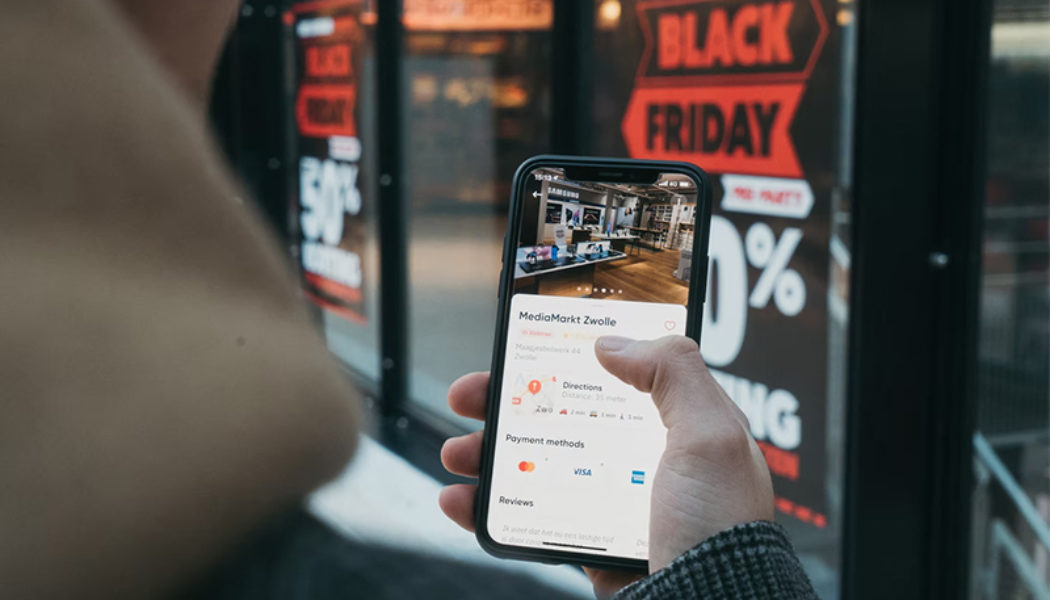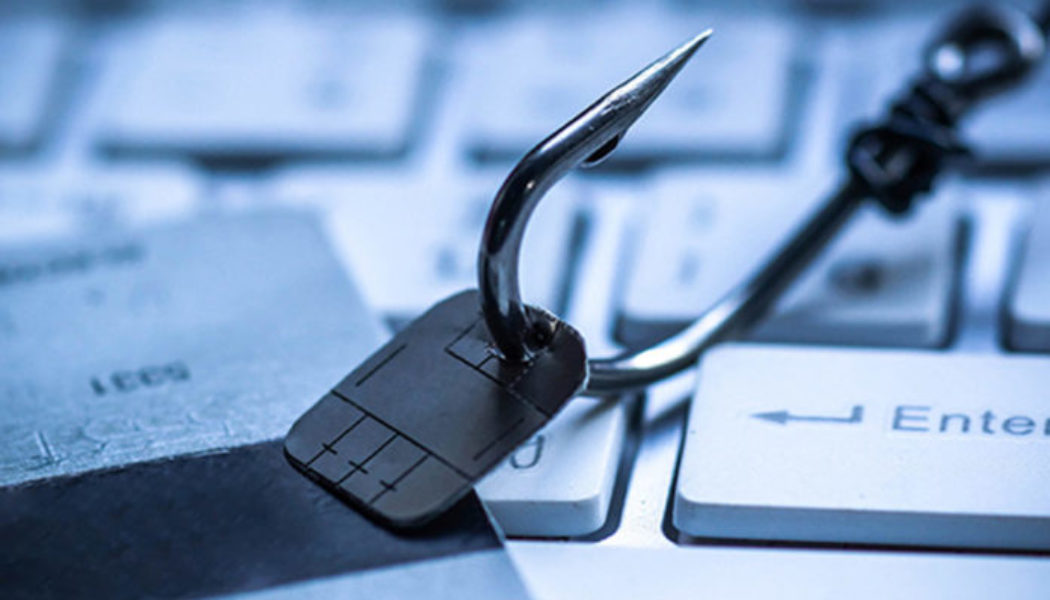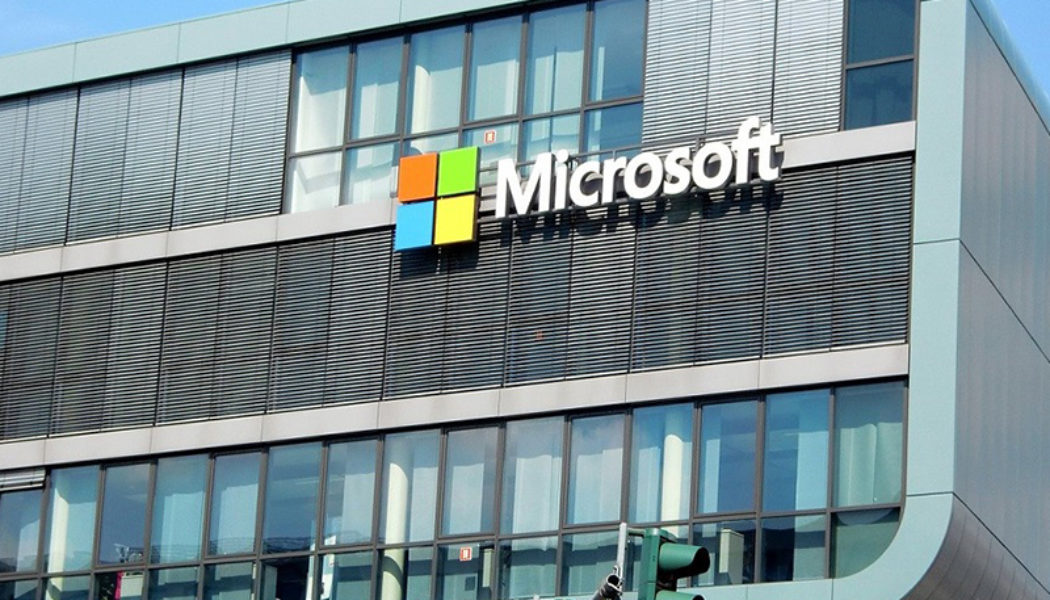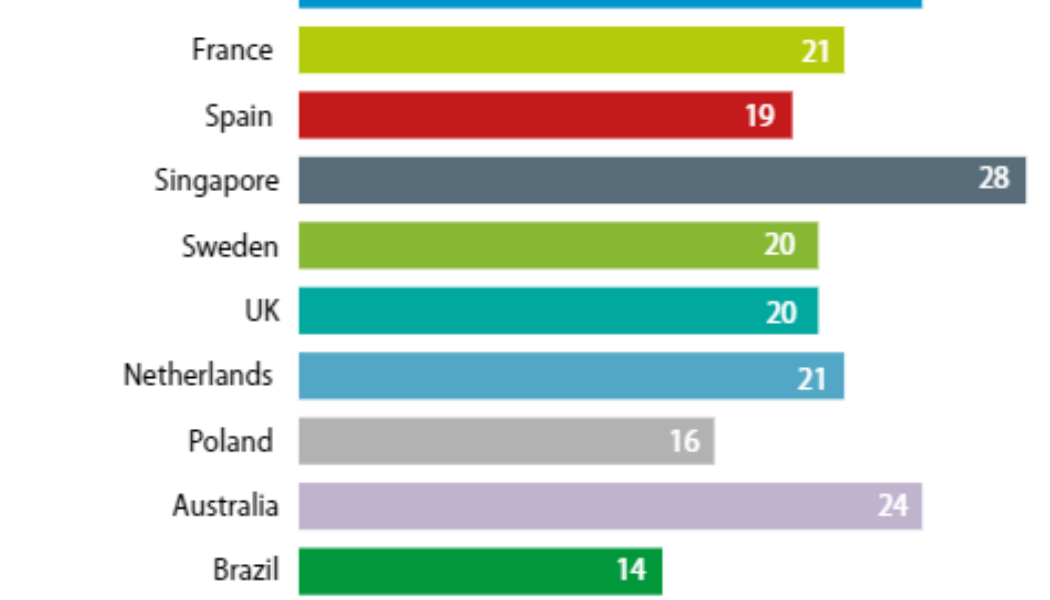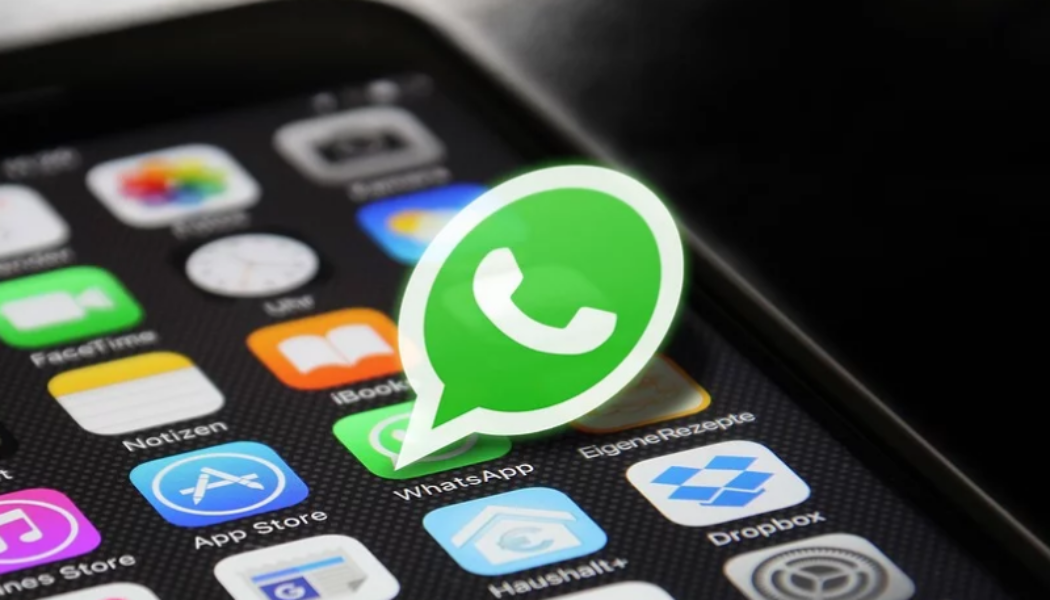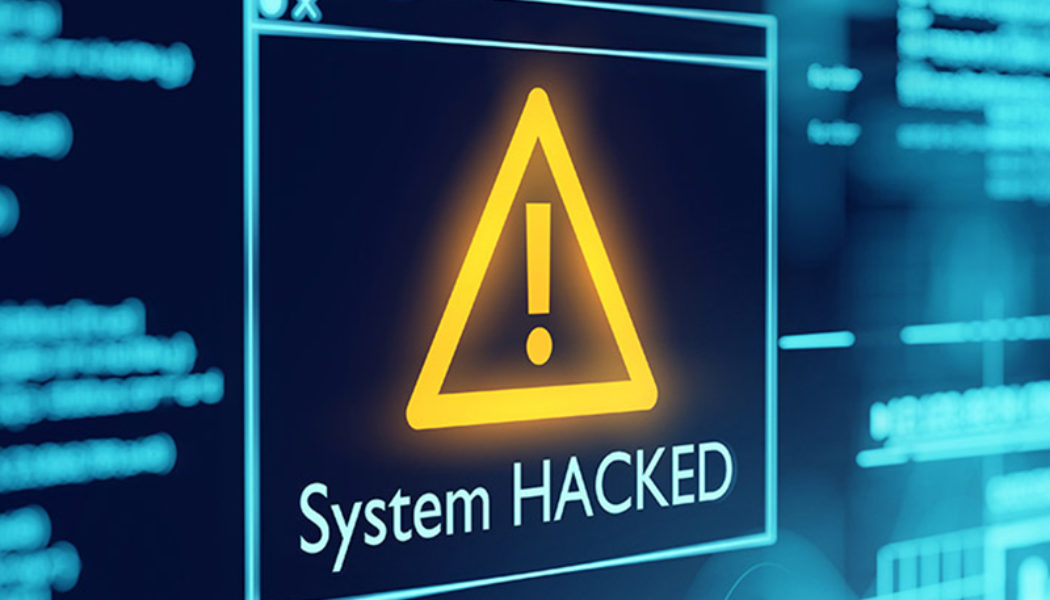cybercriminals
The Most Vulnerable IoT Devices: Think Before You Buy This Black Friday
With the shopping season approaching, it’s likely that internet-connected gadgets and toys will be a popular item on many users’ wish lists, as more than 88% of people use IoT (Internet of Things) devices in their households. However, cybersecurity experts warn: Internet of Things devices can quickly go from fun to creepy, depending on how hackable they are. “Enormous Black Friday discounts can rush customers into buying some very questionable gadgets. However, Internet of Things devices is widely known among experts for low-security measures they usually have installed. There is a joke going around: ‘The S in IoT stands for security’. So, it’s best to think before bringing any new IoT device to your household, as it can easily compromise the whole network,” says digital security expert at...
Most SAns Would Stop Trusting Brands Involved in Phishing Attacks – Survey
Image sourced from Kaspersky. According to the global Brand Trust survey by cybersecurity company Mimecast, almost three-quarters (74%) of South African consumers would stop buying from a brand if they fell victim to a phishing attack involving that brand, with 93% of South African consumers expecting their favourite brands to ensure their services, such as websites, emails and other communication, are safe to use. Heino Gevers, cybersecurity expert at Mimecast, says brands need to do more to protect their customers from cybercriminals. “South Africans are incredibly trusting with 69% of consumers not hesitating to open an email from brands they use regularly, and 56% readily clicking on links from their favourite brands. However, with cyber threats- including impersonation attacks and phi...
Only 20% of Cybersecurity Workforce Are Women Despite Industry Skills Deficit
Image sourced from OpportunitiesNB. “Diversity is more than gender. It is race, culture, ability and country. It is mixing up the talent pool and adding in the unique insights and perspectives that different people from different walks of life bring to create teams that are more engaging and innovative,” opines Anna Collard, SVP Content Strategy & Evangelist at KnowBe4 AFRICA. “It will also go a very long way towards filling the very real and very large security skills hole that is growing wider every day.” According to Collard, diversity is a critical and strategic step that the cybersecurity industry depends on to ensure longevity and ongoing security capability. “Women only make up about 20% of the current cybersecurity workforce and yet one of the top pain points for the CISO is th...
Cryptocurrency and Cybercrime: 3 Insights You Need to Know
Image sourced from Shutterstock. Criminals have kept pace with changing technologies by no longer wanting their crimes to generate hard cash – bitcoin has become the currency of choice. That’s particularly true for cybercrime, where ransomware is booming as criminals infiltrate organisations’ IT systems and threaten to publish or destroy crucial data unless a ransom is paid in Bitcoin. Here are 3 insights you need to know about the links between cybercrime and cryptocurrency: 1. Cryptocurrency is Fuelling Cybercrime Ransomware payments have become so huge that attacks are mounting daily. A recent high-profile case was an attack on the US Colonial Pipeline, causing the system that carries 2.5 million barrels of oil a day to be shut off. It’s become such a lucrative business that some syndic...
Surging DDoS Attacks Drive Growing Demand for Third Party Protection Services
Image sourced from Shutterstock. As the global workforce largely shifted to work-from-home in response to the COVID-19 pandemic, reliance on online services soared. Many businesses were able to successfully pivot to this new normal as remote connectivity allowed access to vital systems and data. But as is often the case, no good deed goes unpunished. As the latest NETSCOUT Threat Intelligence Report shows, cybercriminals have exploited new vulnerabilities created by remote work across a wide variety of vertical industries. Making matters worse, perpetrators no longer have to be particularly technology-savvy in order to pull off attacks. Today, it is easy and relatively inexpensive to access sophisticated attack tools via for-hire services: A cottage industry has sprung ...
Recent Increases in Cyberattacks Could Be Due to Leaked Cyber “Superweapons”
Sourced from Forbes Check Point Research (CPR), the Threat Intelligence arm of Check Point Software Technologies Ltd., a leading provider of cybersecurity solutions globally, warns of a further increase in cyberattacks and thinks it could be partly down to major powers leaking, what they refer to as, ‘cyber superweapons’. “We have long warned that organisations of all sizes are being bombarded by a global fifth generation of cyber threats (Gen V). These are multi-vector cyber threats that can cause fatal damage and irreparable harm to the reputation of the compromised company,” said Pankaj Bhula, Regional Spokesperson at Check Point Software. “However, most companies are only secured against what we call third-generation threats (Gen III), which are threats that we’ve known about since the...
